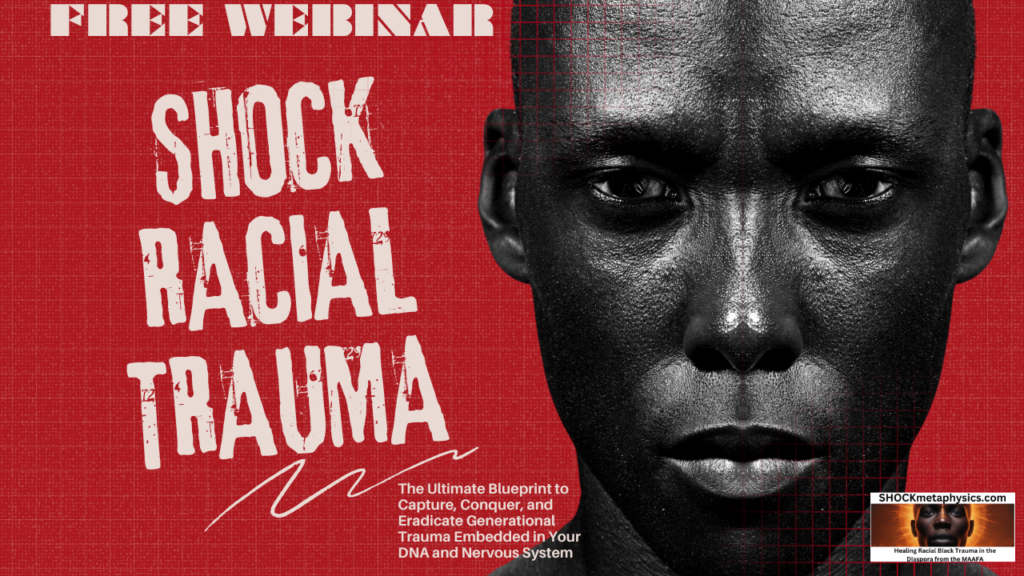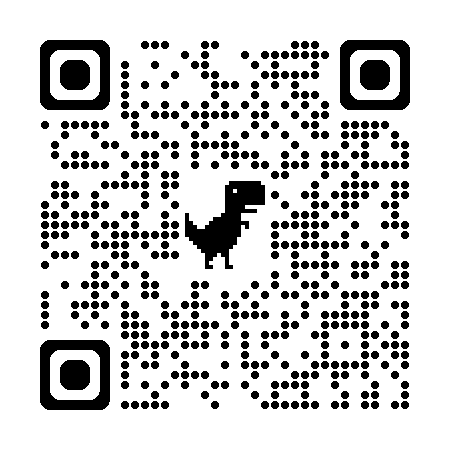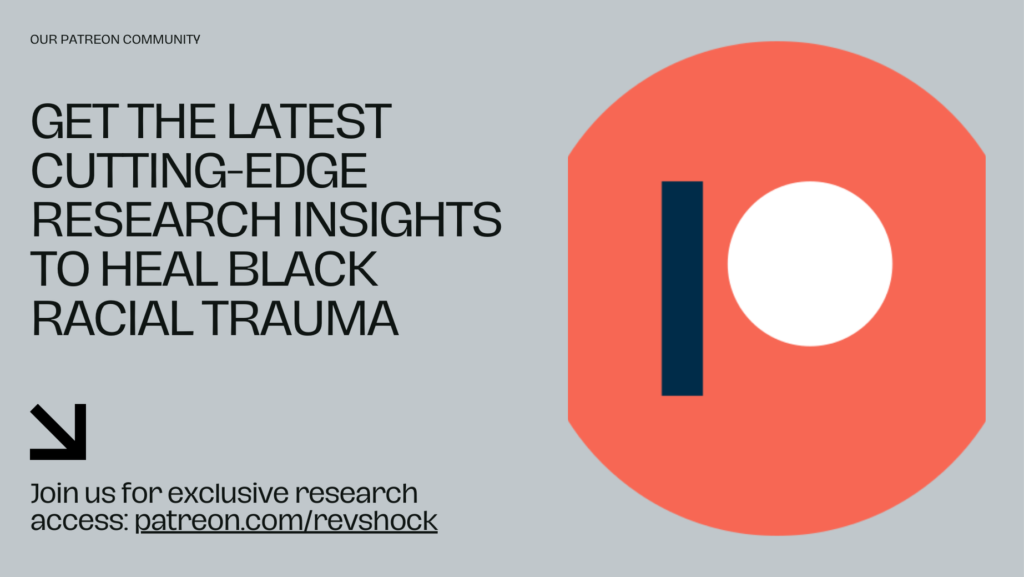
Powered By BlackTraumaGPT.com
Researched and Curated By Rev. Dr. Philippe SHOCK Matthews – https://solo.to/revshock | https://linktr.ee/revshock (Black Trauma and Mental Health Specialist | Prompt Eng | GPT Dev | Research Scientist | Africana Phenomenologist | Black Mental Health Podcast Host | FREE Webinar)
A Four-Part Series Exploring the Intersection of Trauma, Race, and Addiction
This series examines the complex relationship between trauma responses and addiction behaviors in Black men, explicitly focusing on pornography addiction and related behaviors through a cultural trauma lens.
Series Introduction
Addiction isn’t merely about pleasure-seeking behavior; it often represents a response to deep-seated trauma and pain. For Black men in particular, the intersections of historical trauma, systemic racism, and cultural pressures create unique psychological landscapes that can manifest in various coping mechanisms, including pornography addiction.
This four-part series explores how trauma affects explicitly Black men’s relationship with pornography and sexual behaviors, examining the psychological foundations of addiction as a response to pain rather than simply a moral failing. By understanding these behaviors through a trauma-informed lens, we open pathways to healing that address root causes rather than just symptoms.
Part 1: Understanding Porn Addiction as a Trauma Response in Black Men

Pornography addiction, like other addictive behaviors, often functions as a maladaptive coping mechanism for underlying trauma. For Black men, this trauma can take multiple forms—from personal experiences to the cumulative effects of systemic racism and historical oppression.
Trauma as a Precursor to Addiction
Research consistently shows that childhood trauma significantly increases vulnerability to addiction later in life. Emotional wounds from neglect, abandonment, or abuse create psychological patterns that seek relief through external sources. For many, pornography becomes a readily accessible means of temporarily escaping emotional pain.
Black men face additional layers of trauma through experiences of racial discrimination and socioeconomic challenges. The constant stress of navigating systemic barriers and racial microaggressions creates a psychological burden that demands release. When healthy coping mechanisms aren’t modeled or accessible, pornography can become a private refuge from these pressures.
Cultural and Societal Stressors
The societal expectations placed on Black men create unique pressures. Cultural narratives that emphasize hypermasculinity while simultaneously devaluing and criminalizing Black manhood create profound internal conflicts. These contradictory messages—be strong but not threatening, be sexual but not predatory—generate psychological tension that seeks release.
Media representation further complicates this landscape, often hypersexualizing Black men while denying them full humanity. This objectification can become internalized, creating complex relationships with one’s sexuality and potentially leading to problematic pornography use as both an escape from and reinforcement of these harmful narratives.
The Psychological Impact
The cycle of pornography addiction creates its secondary trauma. Feelings of shame, guilt, and self-judgment accompany addictive patterns, further isolating individuals from potential support systems. For Black men, cultural stigma around mental health challenges and addiction can intensify this isolation, making it even harder to seek help.
The relationship between trauma and addiction isn’t simply cause and effect but rather a complex feedback loop. Pornography addiction temporarily relieves emotional pain while simultaneously reinforcing negative self-perceptions and deepening isolation. Understanding this cycle is essential to addressing both the addiction and the underlying trauma.
Pathways to Healing
Recovery requires approaches that address both the addictive behavior and its traumatic foundations. Culturally competent therapy that acknowledges the specific experiences of Black men provides space to process racial trauma alongside personal wounds. Community-based support that reduces stigma around mental health challenges makes healing more accessible.
Mindfulness practices offer tools for developing healthier relationships with difficult emotions, creating alternatives to escapist behaviors. By learning to sit with discomfort rather than immediately seeking relief, individuals can begin breaking the cycle of addiction while developing more sustainable coping strategies.
Understanding porn addiction as a trauma response shifts the conversation from moral judgment to compassion and healing. This perspective doesn’t excuse harmful behaviors but instead places them in context, creating space for recovery that addresses root causes rather than just symptoms.

FREE SHOCK RACIAL TRAUMA WEBINAR: https://t.ly/3ja4Y

“I just completed a brief session with ChatGPT-Black Trauma. Wow! The responses I got were soooooo helpfu!.” — John Jackson (Patreon Member)
At BlackTraumaGPT.com, we aim to foster healing, understanding, and empowerment within Black communities by providing culturally sensitive education, insights, and mental health resources. We aim to deepen the collective awareness of Black trauma’s historical roots and its contemporary manifestations while guiding individuals and communities toward paths of self-care, resilience, and holistic healing. By leveraging the wisdom of Africana phenomenology and the expertise of Black scholars, we support the transformation of trauma into strength, encouraging collective growth and thriving.
IT’S TIME TO BREAK BLACK TRAUMA! Heal Thyself @ BlackTraumaGPT.com http://blacktraumagpt.com/ ASK THE QUESTION(S)!
———————
Get Social with Doc SHOCK:
PATREON | ABOUT DR. SHOCK | FLY SOLO | ACADEMIC BIO | BLOG | BLACK TRAUMA PODCAST | ENDORSEMENT | THREADS | IG | FB PAGE | PRIVATE GROUP | X | LINKEDIN | TIKTOK | PINTEREST | BLACK TRAUMA GPT | BLACK AI CONSORTIUM | BOOKS BY DOC SHOCK

